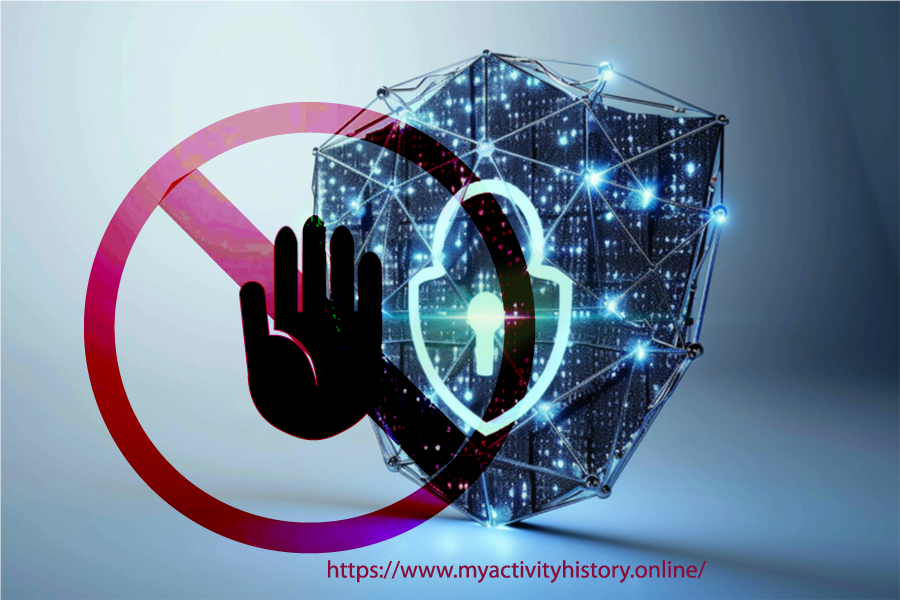Below we’ll list essential tips for protecting your personal information.
In today’s digital age, our lives are increasingly intertwined with technology and the internet. From online shopping and social networking to banking and just saying hi to family or friends using WhatsApp, we share vast amounts of personal information online.
While the technology & internet offers numerous conveniences, it also poses significant risks to our privacy. Understanding how to safeguard your online privacy is more critical than ever. This blog post will cover essential strategies for protecting your personal information and ensuring a safer online experience.
Use Strong and Unique Passwords
One of the most fundamental steps in protecting your online privacy is using strong, unique passwords for each of your online accounts. A strong password typically contains a mix of uppercase and lowercase letters, numbers, and special characters. Avoid using easily guessable information like your name, birthdate, or simple sequences. Additionally, consider using a password manager to generate and store complex passwords securely.
Enable Two-Factor Authentication (2FA)
Two-factor authentication (2FA) adds an extra layer of security by requiring a second form of verification beyond your password. This second factor could be a code sent to your phone, a fingerprint scan, or a hardware token. Enabling 2FA on your accounts significantly reduces the risk of unauthorized access, even if your password is compromised.
Most online giants like Google offer you more than Two-factor authentication such as using passkeys, Google Authenticator app, use them.
Be Cautious with Public Wi-Fi
Public Wi-Fi networks, such as those in cafes, airports, and hotels, are convenient but often lack robust security measures. Cybercriminals can easily intercept data transmitted over unsecured networks. To protect yourself, avoid accessing sensitive accounts or conducting financial transactions over public Wi-Fi. If you must use public Wi-Fi, consider using a Virtual Private Network (VPN) to encrypt your internet connection.
Regularly Update Software and Apps
Keeping your operating system, browser, and apps up to date is crucial for maintaining online security. Software updates often include patches for vulnerabilities that hackers could exploit. Enable automatic updates whenever possible to ensure you are always running the latest, most secure versions of your software and applications.
Be Wary of Phishing Scams
Phishing scams are fraudulent attempts to obtain sensitive information by posing as a trustworthy entity. These scams can come in various forms, such as emails, text messages, or even phone calls. Always verify the source of any communication requesting personal information. Look for red flags such as generic greetings, poor grammar, or urgent requests. Never click on links or download attachments from unknown or suspicious sources.
Limit Sharing of Personal Information
Be mindful of the personal information you share online, especially on social media. Cybercriminals can use seemingly innocuous information to piece together your identity or gain access to your accounts. Review the privacy settings on your social media profiles and limit the visibility of your posts and personal details to trusted friends and family.
Use Encrypted Communication Tools
Encryption is a powerful tool for protecting your privacy. When possible, use encrypted messaging apps like Signal or WhatsApp for personal communications. For emails, consider using services that offer end-to-end encryption, which ensures that only you and the intended recipient can read the content of your messages.
Regularly Review Privacy Settings
Many online services and apps offer privacy settings that allow you to control who can see your information and how it is used. Take the time to review and adjust these settings regularly to ensure you are only sharing what you intend. Pay attention to permissions requested by apps, especially those that ask for access to sensitive information like your contacts, location, or camera.
Monitor Your Digital Footprint
Regularly monitoring your digital footprint helps you stay aware of what information about you is publicly accessible. Search for your name on search engines and review what comes up. If you find information that you are uncomfortable with, consider contacting the website or service to request its removal. Additionally, use tools that allow you to opt out of data collection or reduce your visibility online.
Educate Yourself About Online Privacy
Staying informed about the latest privacy threats and best practices is key to safeguarding your personal information. Follow reputable sources of information on cybersecurity and privacy, such as security blogs, news sites, and official government resources. By staying aware of new threats and solutions, you can better protect yourself and your personal data.
Stay safe and protect your privacy online by following the links below.
Stay Vigilant
Protecting your online privacy is an ongoing effort that requires vigilance and proactive measures. By following these tips and staying informed about the latest threats, you can significantly reduce the risk of your personal information being compromised. Remember, online privacy is not just about keeping your information safe; it’s about maintaining control over your digital identity in an increasingly connected world.


Leave a Reply